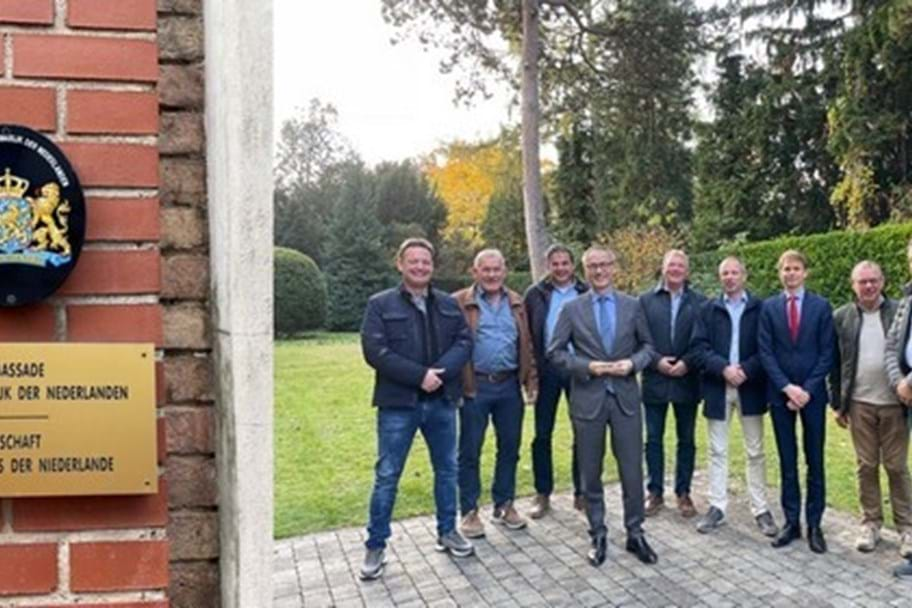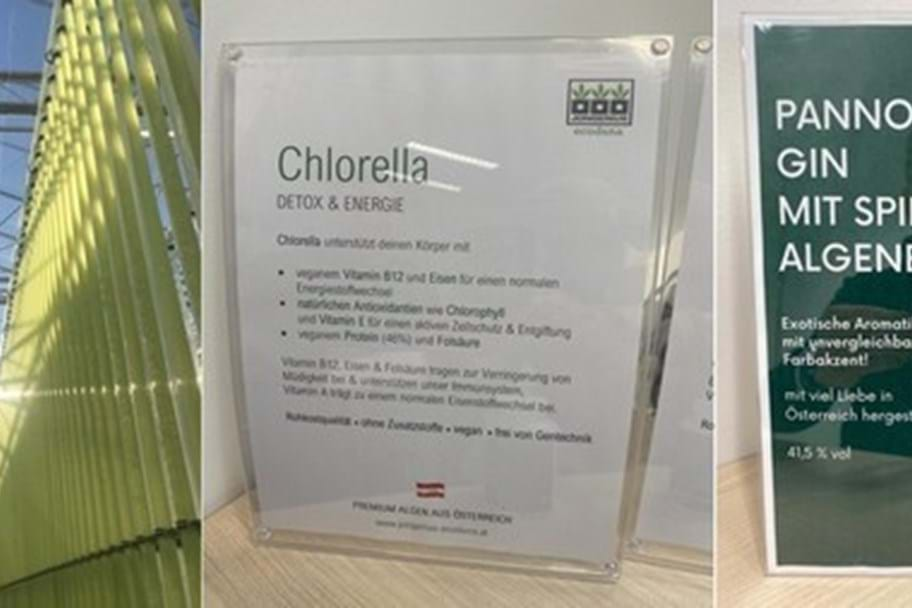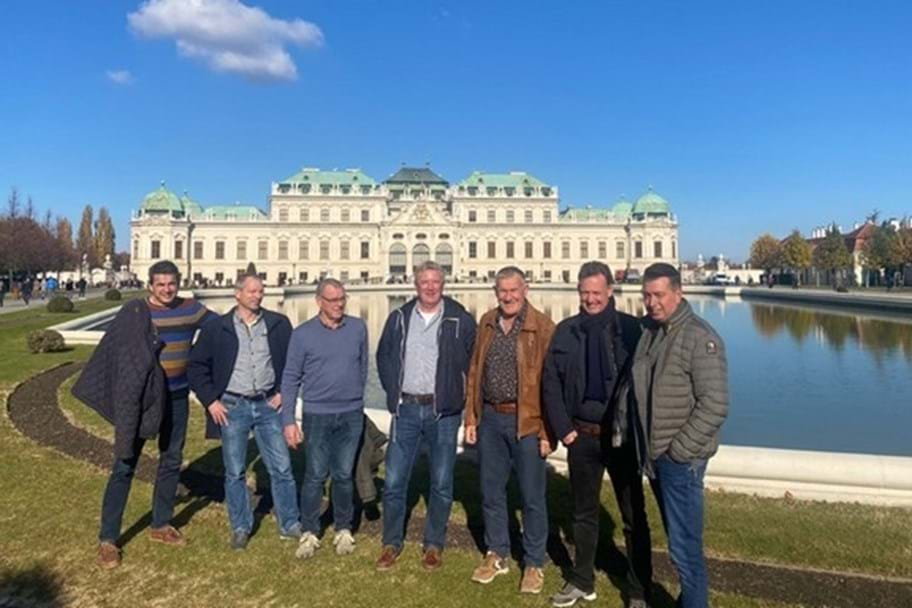The Horti-Consult International cultivation advisory team has made it a tradition to travel internationally once a year. At the beginning of this month, they visited Austria, Hungary, and Slovakia. Below, you will find a big part of their trip report.
The gentlemen started their trip in Austria by visiting three cities, including Vienna, which is, with almost two million inhabitants, the largest city in the country by far. In the capital, they visited a 2.3 hectares vegetable market called Naschmarkt. This market is the most famous market in Vienna, and its history goes back to the 16th century.
At the Naschmarkt, you can take a culinary journey around the world. You will find herbs and spices from all corners of the world, from typical Viennese to Indian, and from Vietnamese to Turkish. The many visitors you will see there buying fruits and vegetables are at least as colorful as the products on the market. The city of Vienna is located in the northeast of the country on the River Danube. In fact, all three cities visited by the crop consultants are located on the Danube, the longest river in the European Union and the second-longest in Europe after the Volga. The Danube is a rain river, which means that the river is fed by soil.
Horticulture in Austria
The total area of glasshouses in Austria is 650 hectares. Of this, a total of 340 hectares are greenhouse vegetables, of which 120 are cucumbers, 80 are peppers, and 140 are tomatoes. Of this last area, 30 hectares go to LGV, the rest to Perlinger. Residual heat (90%) and oil are the main energy sources.
Dr Pottman
At this ISO-certified laboratory in Vienna, soil, water, substrates, and plants are examined in the shortest possible time using the latest analysis equipment. This laboratory has been located here since 1995.
Around 100 analyses take place here every day and there is always personal contact regarding the sample. In plant analysis, a distinction is made between young and old leaves with boundaries different than in the Netherlands. According to Dr Pottman, the influences of elements such as cobalt and nickel are still underestimated. Limits of 0.3 coablt are important for the transformation of nitrogen. Supercalcium, ce, is mentioned for a better calcium absorption.




